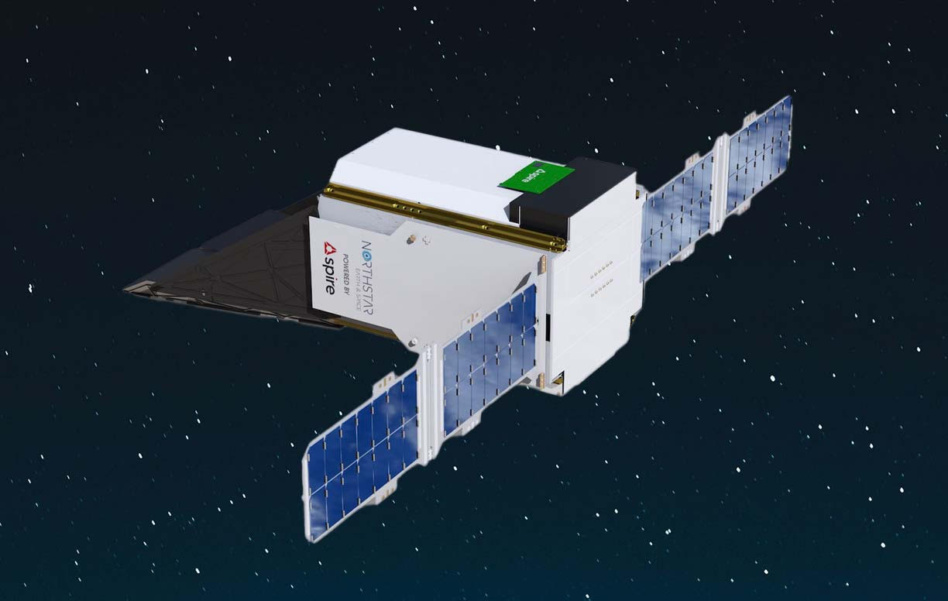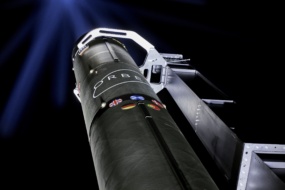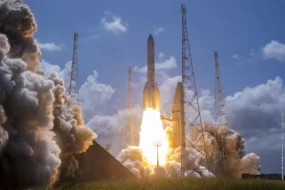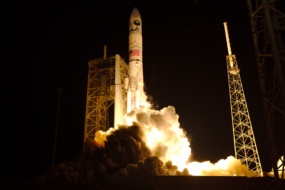NorthStar, an in-situ space situational awareness (SSA) startup, has partnered with Rocket Lab to launch its first four satellites this Fall. Rocket Lab is tapping in after NorthStar’s planned Virgin Orbit launch bit the dust.
“It’s quite accommodating by Rocket Lab, so we’re really happy to have them as a partner. We’re engaging with them for a long-term partnership,” NorthStar COO David Saint-Germain told Payload.
After the scheduled fall launch, the Montreal-based business has two additional Rocket Lab missions expected to fly in the “short-term future.”
NorthStar 101: NorthStar’s satellites—dubbed Skylarks—will track objects in orbit from their own perch in space, a first in the industry. Ground-based sensors perform the satellite and object tracking that exists today.
- The full planned constellation will include ~30 Skylarks, but NorthStar will be able to achieve full orbit-tracking capabilities with just 12 birds.
- The company closed a $35M Series C in January to accelerate its SSA satellite deployment.
The in-situ advantage: In-situ tracking can monitor objects not observable from the ground, such as 5-cm objects in LEO and 40-cm objects in GEO. This will provide customers with more granular data on the growing orbital debris problem.
One million debris: ESA estimates that there are 1M space debris fragments between 1 cm and 10 cm in size. Tracking this space debris has become increasingly important in safeguarding the long-term health and usability of Earth’s orbit, since objects as small as a fingernail can do serious damage when whizzing around at high speeds.





